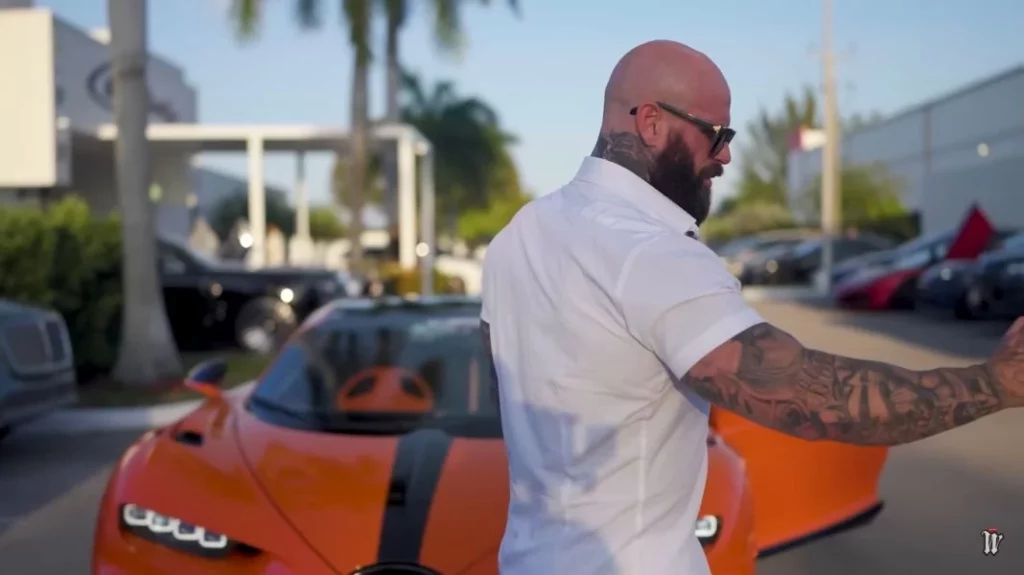Scott Moran was just a student at Grove City College when he started experimenting with his future career options. Scott studied marketing and management while in college. Scott’s career all started when one brother said to the other brother, “Hey, I want to sell stuff on the internet.” And just like that, they began to bring to life their ideas. In 2009, Scott and his brother Brian started an online company called Train Baseball. Train Baseball taught the two of them many valuable skills. Each of them learned how to use Facebook ads, control an online company, and overall, learn how to sell. At its best, Train Baseball made around $10k a month. Despite this success, the two brothers still wanted to grow. They began to develop ideas and recruit others to their business. They recognized that they needed employees who were skilled with software developing, so they hired two to help them build SamCart. SamCart was launched in September of 2016. SamCart is an e-commerce company that helps you grow. SamCart is successful because they capitalize on webinar registration. They spend around 25,000 dollars a day on advertising their company. The email lists are constantly growing and providing customers with the opportunity to expand their knowledge with SamCart. The second way SamCart rose to success is their webinar training. SamCart offers educationally packed, and wisdom filled advice for the consumer. At the end of the training, SamCart will be mentioned. This gives the company more advertisement and awareness of their brand. Lastly, SamCart rose because of its digital products. They offer a bundle to enhance customer purchase decisions. SamCart powers entrepreneurs to start their own company, and to do it correctly. Now, SamCart is used by over 75,000 customers who altogether sell more than 2.8 billion dollars in products. From Train Baseball to SamCart the two brothers have certainly put in the work to succeed in their business.
Check out the official website here!


 re. The interior of the houses are meant to be darker, similar to a cave, creating a cozy and natural appearance. Everything from the windows to the shingles to the floor boards are specially designed for a purpose and to create a certain feeling while in or looking at the structure. The building can also be designed in different ways depending on where it would be located in the world. The houses can also be arranged in configuration and larger models and could become big enough for a multifamily home or even a hotel. it is incredible to see such a different design in architecture that is simple and eco-friendly. The way that the houses are made as individual rooms and can be pieced together in any creative fashion possible is a revolutionary idea in the architectural world. I hope to one day see one of these in real life.
re. The interior of the houses are meant to be darker, similar to a cave, creating a cozy and natural appearance. Everything from the windows to the shingles to the floor boards are specially designed for a purpose and to create a certain feeling while in or looking at the structure. The building can also be designed in different ways depending on where it would be located in the world. The houses can also be arranged in configuration and larger models and could become big enough for a multifamily home or even a hotel. it is incredible to see such a different design in architecture that is simple and eco-friendly. The way that the houses are made as individual rooms and can be pieced together in any creative fashion possible is a revolutionary idea in the architectural world. I hope to one day see one of these in real life.

